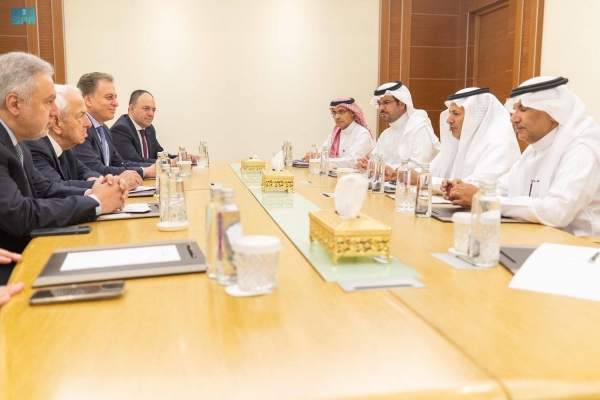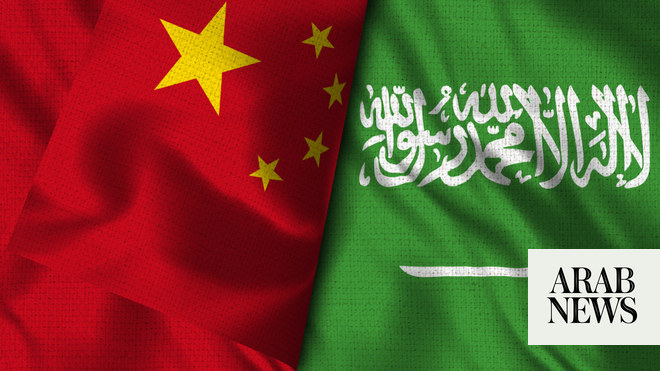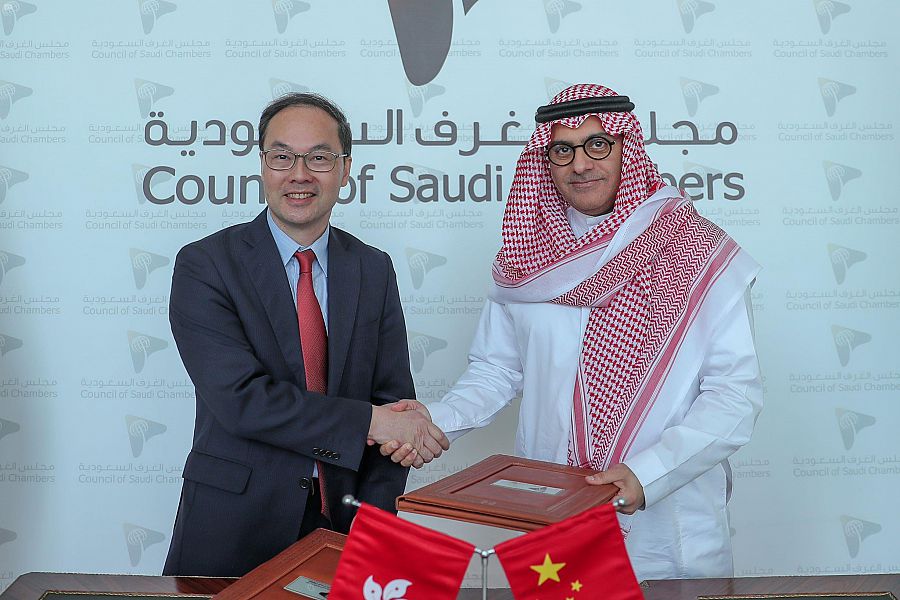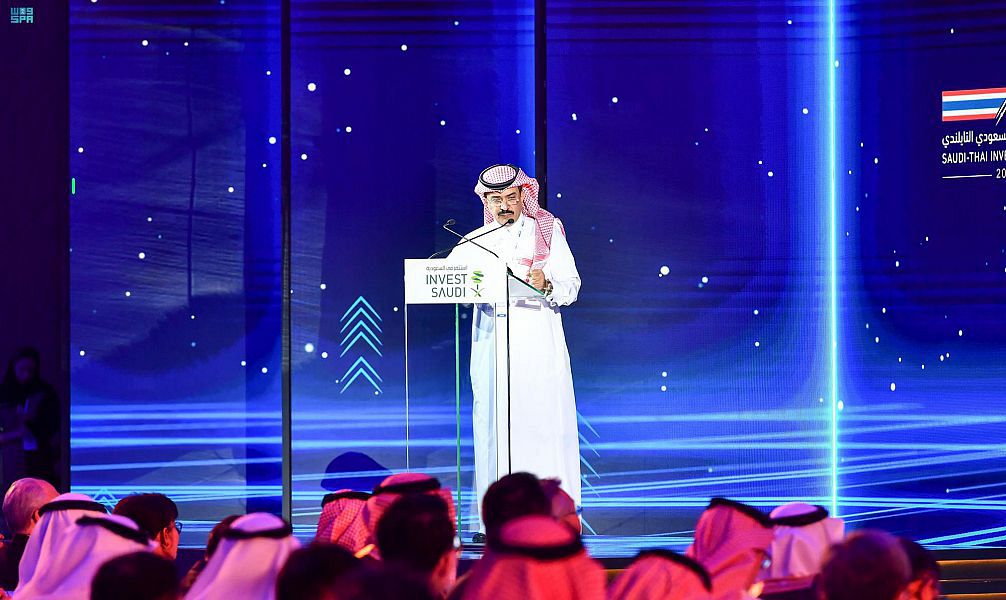
RIYADH — The Joint Saudi-Russian Intergovernmental Commission on Trade, Economic, Scientific and Technical Cooperation agreed to continuing work on expanding trade, economic, industrial and investment cooperation between the two countries within the framework of bilateral cooperation formats.
The Co-Chairs Minister of Energy Prince Abdulaziz Bin Salman and Deputy Prime Minister of the Russian Federation Alexander Novak met on Saturday in Riyadh.
During the meeting the co-chairs exchanged views on the Saudi-Russian cooperation in different fields and highlighted the role of the Commission as an important forum for elevating bilateral relations.
They welcomed the outcomes of the visit of Russian President Vladimir Putin’s visit to Riyadh on October, 2019, and the discussions that took place with Custodian of the Two Holy Mosques, King Salman.
The co-chairs reviewed the current progress of the 6th Session of the Commission, which was hosted in Moscow, June 20, 2019, and discussed the preparation for the 7th Session of the Commission.
The co- chairs agreed on the following points:
Assuring the importance of the Saudi-Russian High-Level Strategic Framework that was signed on Oct. 14, 2019 in Riyadh aligning the national strategies of the two countries.
Continuing work on expanding trade, economic, industrial and investment cooperation between the two countries within the framework of bilateral cooperation formats.
Reiterating their commitment to the Charter of Cooperation between Oil Producing Countries, signed by the Saudi Energy Minister and the Russian Energy Minister, in the presence of the Saudi and Russian heads of state on Oct. 14, 2019.
This creates a unique platform for dialogue and cooperation among oil producing countries, at the ministerial and technical levels, in the interest of both oil producing and consuming nations, as well as the global economy.
Reconfirming their commitment to the Declaration of Cooperation between OPEC and Non-OPEC participating countries signed on April 12, 2020 and amended in June, September and November, as a crucial mechanism to support the stability of global oil markets.
Recognizing, as co-chairs of OPEC+, and co-chairs of the Joint Ministerial Monitoring Committee, the effectiveness of the proactive bilateral collaboration between the two countries, as well as their bilateral and multilateral collaboration with other participating countries, enhancing the stability of global oil markets during the COVID-19 pandemic.
Also emphasizing the importance that participating countries comply, cut and compensate for overproduced volumes, under the declaration, and the importance of continuing to monitor the market closely and to act proactively and adjust supplies gradually and according to market requirements to accelerate the rebalancing process.
Strengthening bilateral energy cooperation between relevant stakeholders in the fields of oil and gas, electricity, energy efficiency, alternative energy, and providing support to overcome any challenges.
Assuring the importance of implementing the Joint Statement on Energy and Climate that was signed in 2018, and coordination on issues and initiatives related to climate change, including the Circular Carbon Economy (CCE), cleaner energy technologies focusing on emissions, and lower carbon aviation (oil based) fuels in the International Civil Aviation Organization (ICAO).
Enhancing bilateral cooperation in the field of industry, space, information and telecommunication technologies, urban development, finance and banking, transportation, education and culture, and other sectors of mutual interests between the two countries through implementation of projects, knowledge exchange, or any type of cooperation the parties agree on.
Facilitating mutual investments in joint projects across a wide range of industries, joint production of high-tech products and other areas of mutual interest.
The parties agreed to hold the 7th Session of the Commission in Saudi Arabia in 2021, with specific dates to be agreed.












